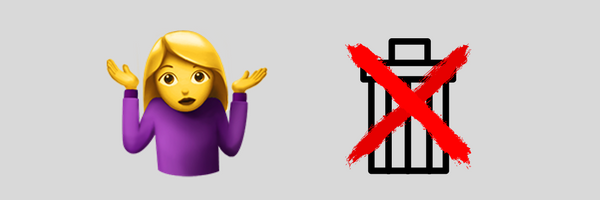
If you’re a participant in a 401(k), you’ve likely received an Annual Notice document in the past several weeks. This is a notice required to be sent out no more than 90 days before and no less than 30 days before the beginning of the plan year, which may not be a calendar year.
I consider a master of throwing such notices away without reading them, but I think this is a good one to look over, rather than overlook it. It has a lot of concise information about the plan. Here’s what you should expect to see in it.
It should…
- tell you how to make changes to your deferral rate/amount, which most folks refer to as their contribution.
- tell you how often you can make changes to your deferral rate.
- tell you whether your plan offers a Roth 401(k) option. (You’d be surprised how many plan participants we work with who don’t know if their plan offers this.)
- inform you of your deferral limits.
- $18,500 for 2018
- $24,500 for participants over age 50 ($18,500 + $6,000 catch-up)
- It’s called a catch-up because as some point you should be done paying for your kids’ stuff, and you’ll have a chance to catch up for all the times you wished you could have saved more.
- indicate whether the plan is a safe harbor plan, which entitles the plan sponsor (your employer) some protections, such as not having to perform certain tests, but it also requires your employer to make at least a minimum contribution.
- In turn, your employers contributions will be called safe harbor contributions.
- indicate the eligibility requirements for the plan.
- have a section on vesting, a fancy word for ownership, which will tell you how long, if at all, you have to wait for the company’s contributions to be yours.
- have a section about distributions, which will tell you under what conditions you can access funds from your plan, including whether plan loans are available.
- tell you about your plan’s investments, including the frequency with which you can make changes.
I think that’s it. The IRS requirements for the notice can be found at the link below. The plan is not required, in this notice, to disclose fees. That comes in the Participant Fee Disclosure, which is a separate notice you should receive.
https://www.irs.gov/retirement-plans/notice-requirement-for-a-safe-harbor-401k-or-401m-plan
